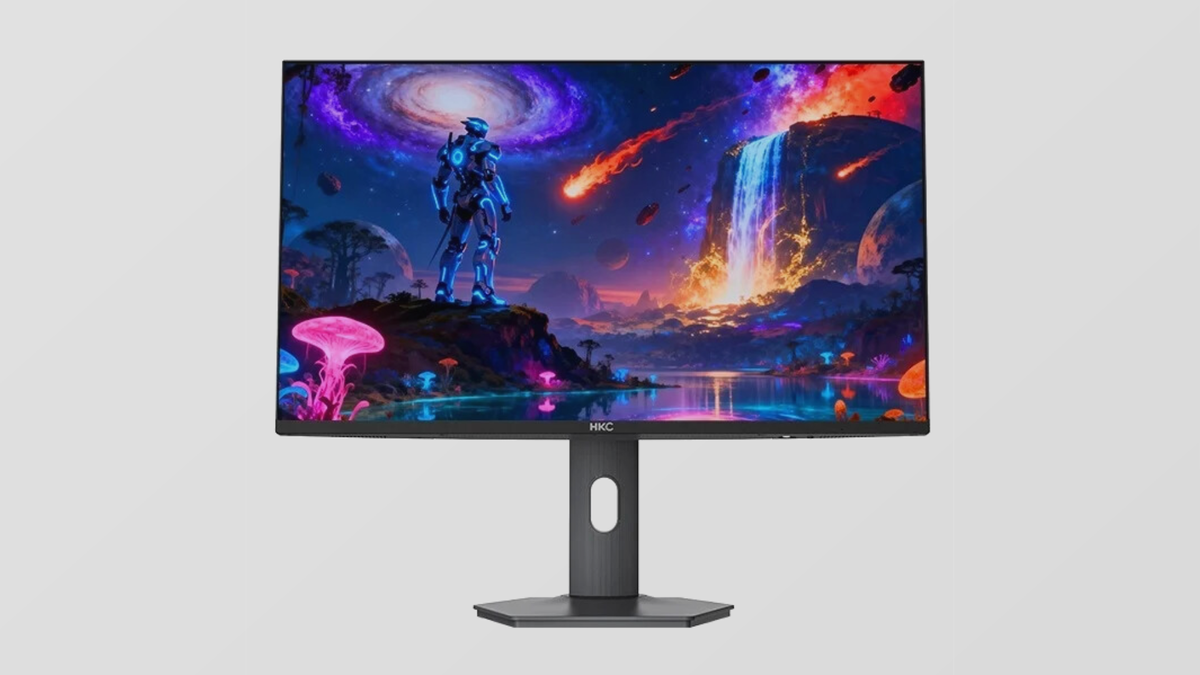Meanwhile, BYD now accounts for 1.1 percent of all new cars sold in the European Union.
There is one bright spot for Tesla, however—it sold 8,370 cars in Turkey in August, making it that country's second-most popular automaker.
Robots will save Tesla?
But perhaps Tesla shareholders shouldn't worry about cratering sales. On Monday night, Tesla CEO Elon Musk used his social media network to yet again prophesize that the company's future is not cars. Despite the fact that selling cars brings in 75 percent of the revenue and is responsible for the carbon credits that keep the company in the black, EVs are but a mere distraction. Instead, Musk claims that 80 percent of Tesla's value will come from selling humanoid robots.
Musk has been promoting Tesla's humanoid robot for some years now, with flashy demos that, instead of actual robotics, were waldos in action, mindlessly copying the motions of human controllers who were operating them remotely.
Despite the very non-humanoid shape of industrial robots in car factories, Musk has said the Tesla robots will find their way onto the company's production line to build cars, presumably to replace workers whom he would otherwise have to pay salaries and benefits. But the CEO has grander ambitions for his robots, claiming on an investor call last year that the company will sell billions of humanoid robots a year.






 English (US) ·
English (US) ·